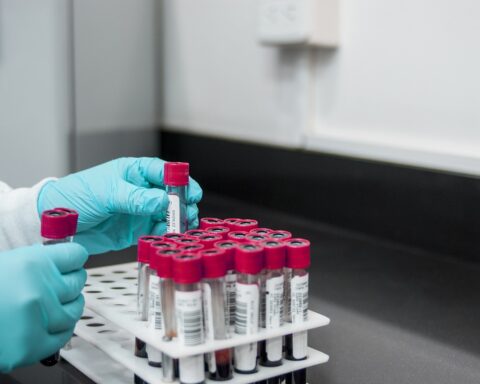“We are the best/ experts in our field/ world leaders” are just some of the throwaway slogans employed by CROs and clinical trial recruitment ‘specialists’ at conferences, on websites and during presentations. The aim of these slogans is for the CRO to promote the virtues regarding why they are better than their competitors using such bold statements. As with every clinical study, recruiting an adequate number of suitable subjects in the provided time frame by sponsors is more often than not the critical factor in the prevention of delays to the development of a sponsor’s compound.
Companies should evaluate the merits of a CRO or recruitment specialist with regards to subject retention and recruitment with at least the same attention and care as they would a CROs ability to conduct a study clinically and produce good quality data that is viable. When selecting a CRO or recruitment specialist to recruit specialist subject populations such as Japanese subjects, sponsors will need to take the following factors into account:
- Company structure and culture: A good CRO must ensure they have the right company culture and infrastructure and that their staff is properly trained to deal with various populations.
- Safety record: Professional CROs are able to provide trial participants with general care during the screening stage, clinical study and follow-up stage.
- Track record: Sponsors should check previous studies conducted by a CRO or recruitment specialist to gauge how well the company can deliver.
- Approaches to recruitment such as advertising, attraction and retention: Every CRO must have a good grasp of the recruitment process that is required to identify and enroll clinically suitable subjects.
- Safeguard against over-volunteering: CROs must be able to deal with over volunteering where volunteers attempt to participate in more than one trial at a time and find ways to prevent this problem from becoming bigger.
The conducting of clinical studies of Japanese subjects outside of Japan, also known as bridging studies, is an ever expanding arena, and is essential for purposes of limiting the ‘lag’ time of the past during the approval of new medicines designed for release in the market in Japan. While the PMDA appreciates the need to conduct such studies outside Japan, the body still maintains a very stringent set of requirements to be met in order for the produced data to be accepted by Japanese regulators.
Although there are numerous countries today that conduct clinical trials in Japanese subjects outside of Japan, it is important for sponsors to be cautious in their approach with regards to the country into which such intricate studies are to be placed. As it stands, the US and UK are the major contributors of this type of early phase research.
Geographical selection is only half of the task when deciding on the location to place such a study. The good news for sponsors is that with the global tightening of regulations, CROs have evolved to provide professional services that are tightly regulated, which has in turn resulted in the evolution of the conduct of trials in Japanese subjects.
Author BIO: Matt Donald is passionate about the impact that clinical research organizations have on the development cycle of new chemical entities. Writing for Richmond Pharmacology’s bridging studies department which comprises of a flexible team of expert Principal Investigators who closely run and manage bridging studies in the UK. For more information, please visit bridgingstudies.com.








